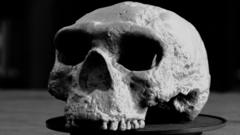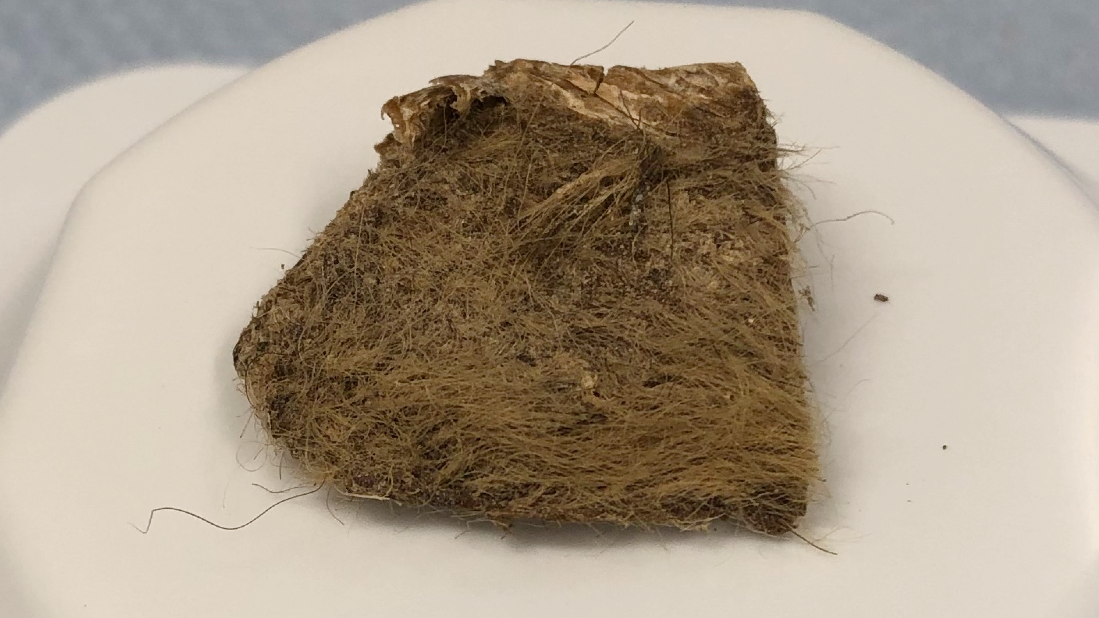Million-year-old skull rewrites human evolution, scientists claim
PositiveScience

A groundbreaking analysis of a million-year-old skull suggests that human evolution may have begun at least half a million years earlier than previously believed. This discovery is significant as it could reshape our understanding of how and when our species emerged, offering new insights into our ancestry and evolutionary timeline.
— via World Pulse Now AI Editorial System





